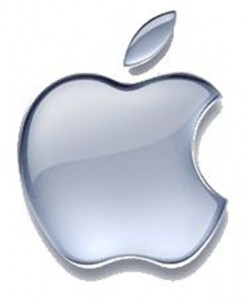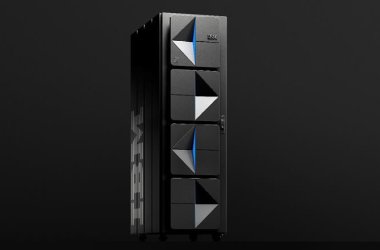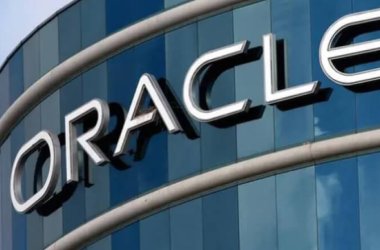 Apple is running servers from IBM and Oracle with flavors of the Unix operating system at its Maiden, North Carolina, data centre, according to a job entry posted on the company’s website.
Apple is running servers from IBM and Oracle with flavors of the Unix operating system at its Maiden, North Carolina, data centre, according to a job entry posted on the company’s website.
Apple is looking for a Solaris systems engineer with five years or more of experience who can primarily support Oracle/Sun servers, with a secondary focus on supporting IBM/AIX servers, according to the advertisement for the job. Solaris and AIX are both based on Unix.
“Data centre environment consists of Mac OS X, IBM/AIX and Sun/Solaris systems,” says the job entry, which is posted for Maiden. Apple has invested US$500 million into the Maiden data centre, which opened last year and is one of the backbones for Apple’s iCloud online service.
Little is known about the hardware used in the data centre, which is mostly known for its use of renewable energy. The company wants to run the Maiden facility on a higher percentage of renewable energy, sourced from the U.S.’ “largest end user-owned solar array” and the “largest non-utility fuel cell installation” in the U.S.
Apple does not offer its own server. The company in 2010 killed its Xserve server, and switched over to the Mac Pro workstation as a server alternative, which is based on an aging design but was recently updated with new processors.
With the IBM servers, Apple may have reestablished a relationship with processors based on Power architecture, which were used in Apple computers until 2005 until the company switched over to Intel’s x86 chips. IBM offers the Unix-based AIX OS on servers with Power processors, which are also used in some of the world’s fastest computers. The world’s fastest supercomputer, the Sequoia BlueGene/Q at the Lawrence Livermore National Laboratory has a Power processor and the Linux OS.
Oracle offers the Unix-based Sun Solaris OS, which works on SPARC and x86 processors. From the job description, it isn’t clear if the servers in Apple’s data centre are based on x86 or SPARC. The SPARC processor design was originally developed by Sun before the company was bought by Oracle, and the design has been licensed to many companies. The world’s second fastest supercomputer, K in Japan, uses a version of the SPARC processor developed by Fujitsu.
Major cloud providers including Google, Facebook and Amazon buy servers in volume and have their systems custom-made instead of buying them off-the-shelf, said Dean McCarron, principal analyst at Mercury Research.
Apple may have done the same, and implemented multiple server types and chip architectures depending on tasks and duties, McCarron said.
Apple is known for adapting different chip architectures depending on the hardware. The company has adopted ARM processor designs for smartphones and tablets and Intel x86 processors for Macs.
“Just because you make the products, doesn’t mean it’s the best solution for everything. Doesn’t surprise me they are running iCloud on non-Apple hardware,” McCarron said.
Apple likely had its servers custom-made to fit data centre operations, McCarron said. For example, data centres may have thousands of servers based on one chip architecture running cloud applications, and a small set of servers on another architecture dedicated to other operations.
An Apple listing for an SAP Operation Analyst requires the applicant to know the operation of SAP software on AIX. SAP is known for its business management and ERP (enterprise resource planning) software, and that suggests that the AIX servers in the data centre may be there for back-office tasks, McCarron said.
“Sounds like a data centre running high-end hardware,” McCarron said.
A representative of Apple could not immediately be reached to comment about the job posting.





